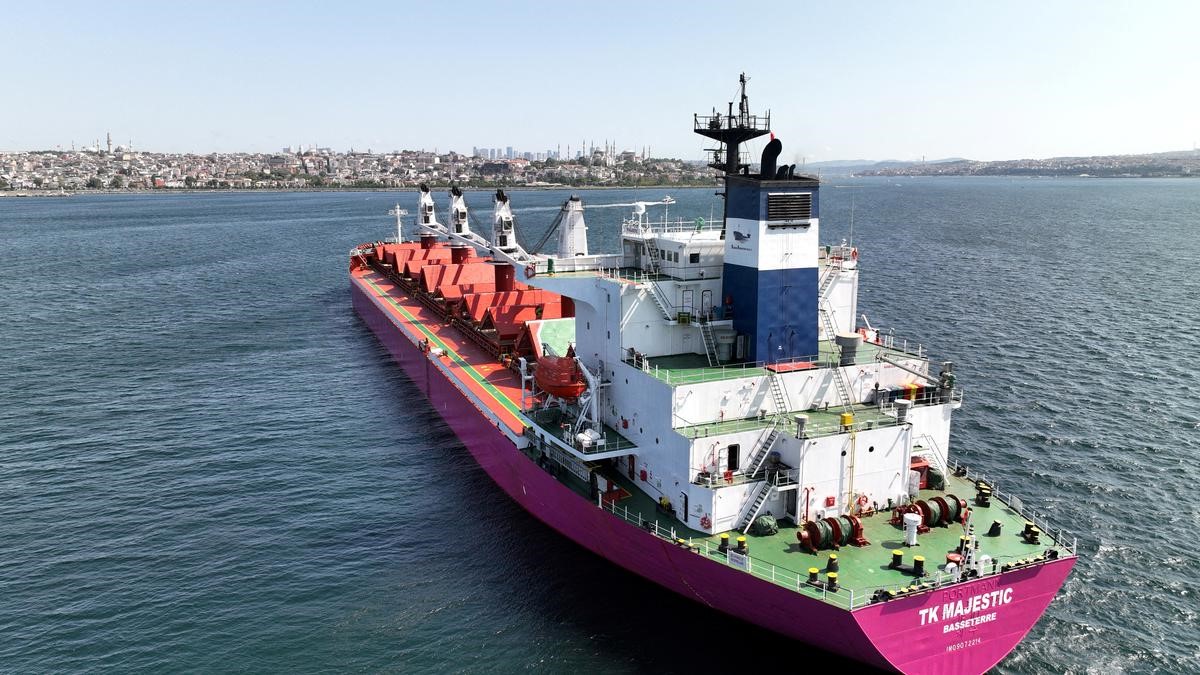Free Courses Sale ends Soon, Get It Now


Free Courses Sale ends Soon, Get It Now



Disclaimer: Copyright infringement not intended.
Context
Background
Reasons for suspension
Working of the deal
Implications of the move
Immediate effects
Countries react to Russia’s decision
Implications of the war on global food security
Conclusion
Must Read Articles:
https://www.iasgyan.in/daily-current-affairs/the-black-sea-grain-initiative
https://www.iasgyan.in/daily-current-affairs/black-sea-46
|
PRACTICE QUESTION Q. The suspension of the Black Sea Grains Deal may exacerbate economic challenges for several countries and push millions more into poverty or food insecurity. Critically analyse. (250 words) |
https://epaper.thehindu.com/ccidist-ws/th/th_delhi/issues/44078/OPS/GQRBGDM9H.1+GA6BGEL8N.1.html
© 2024 iasgyan. All right reserved